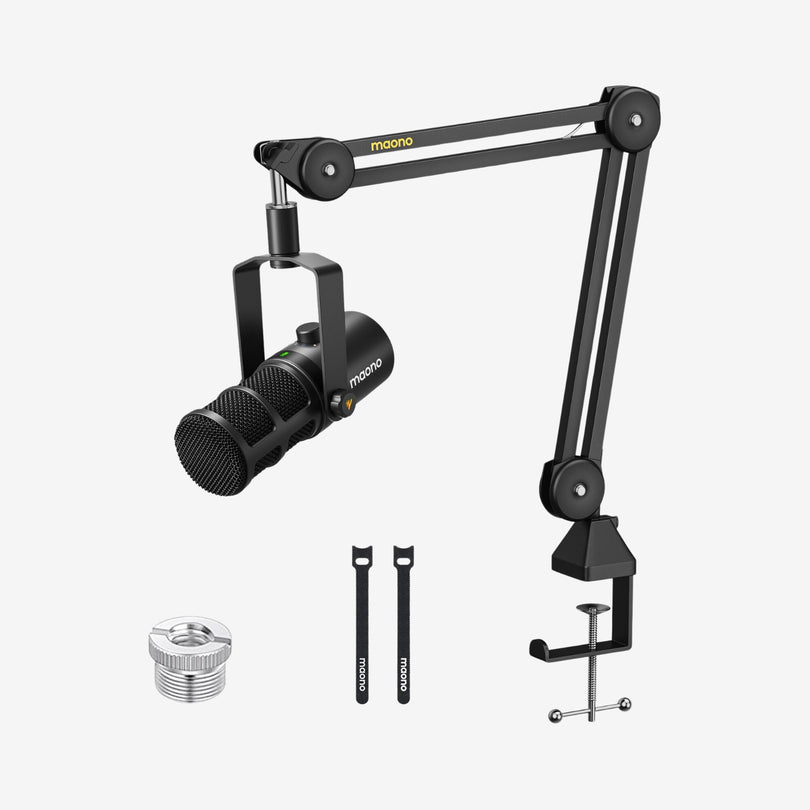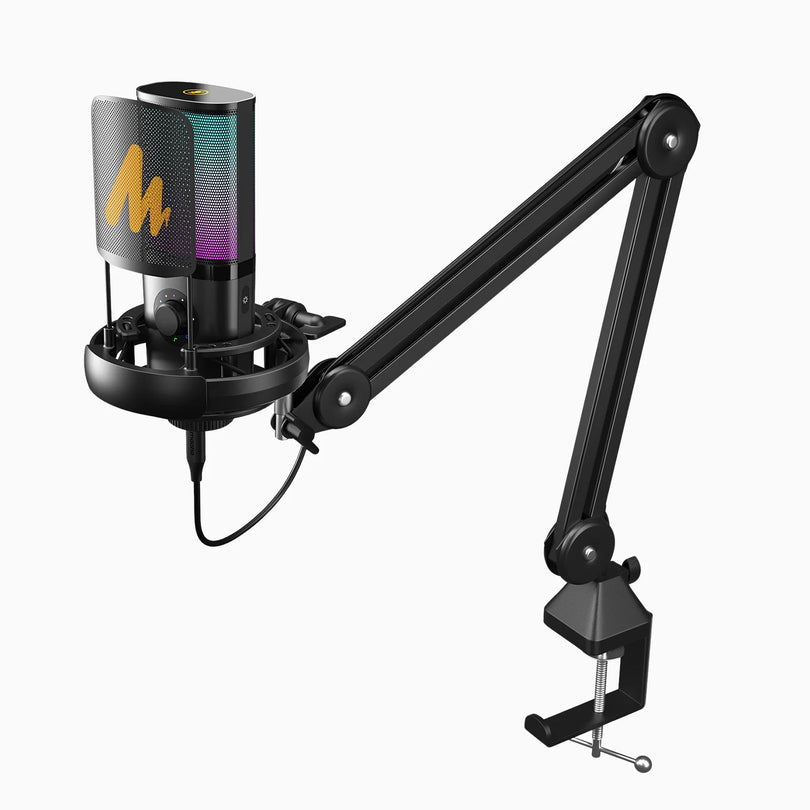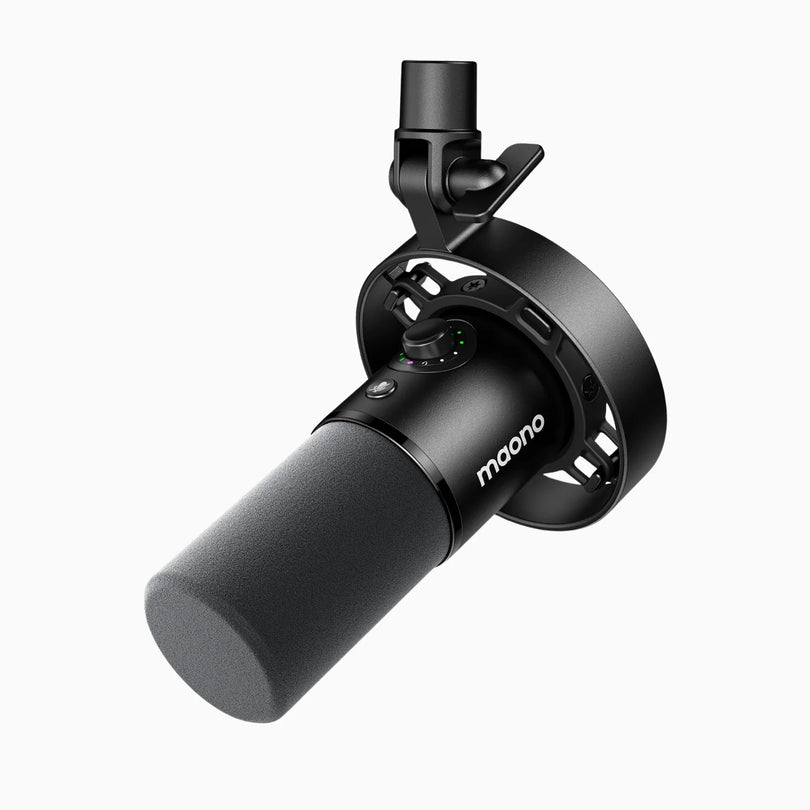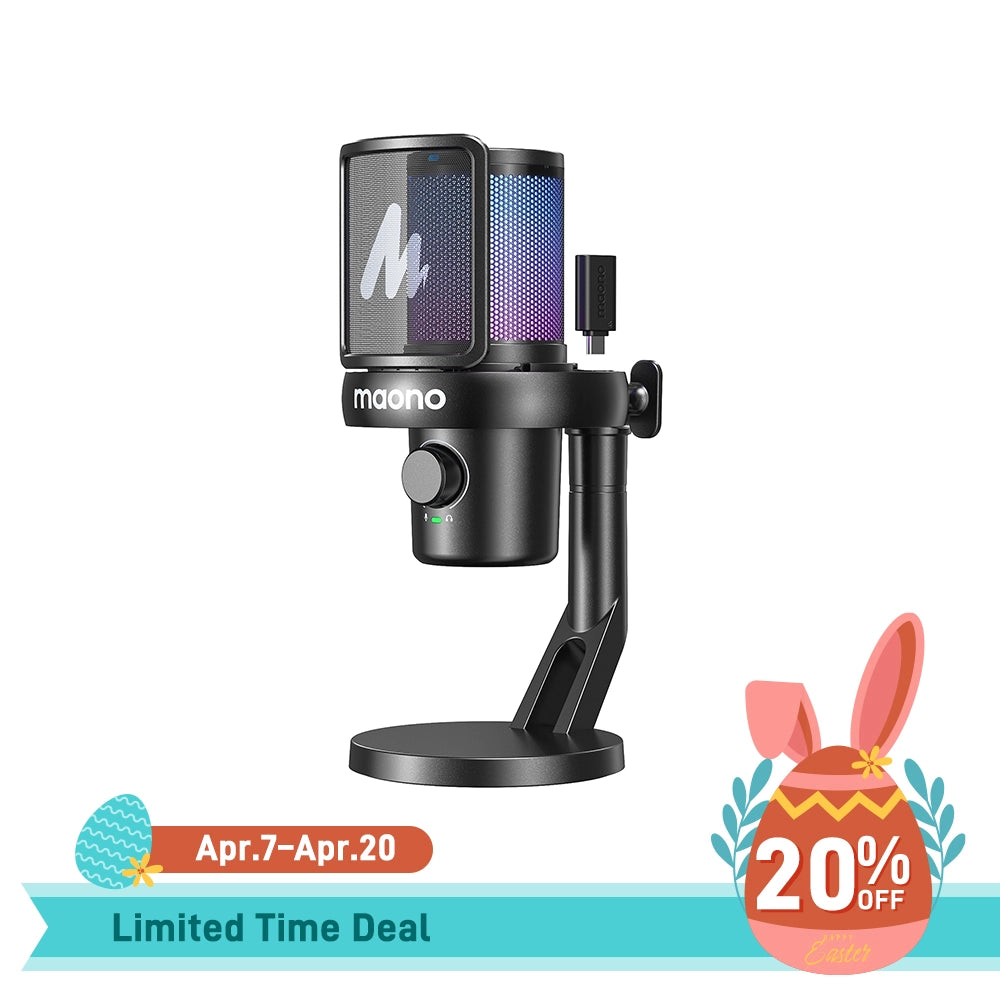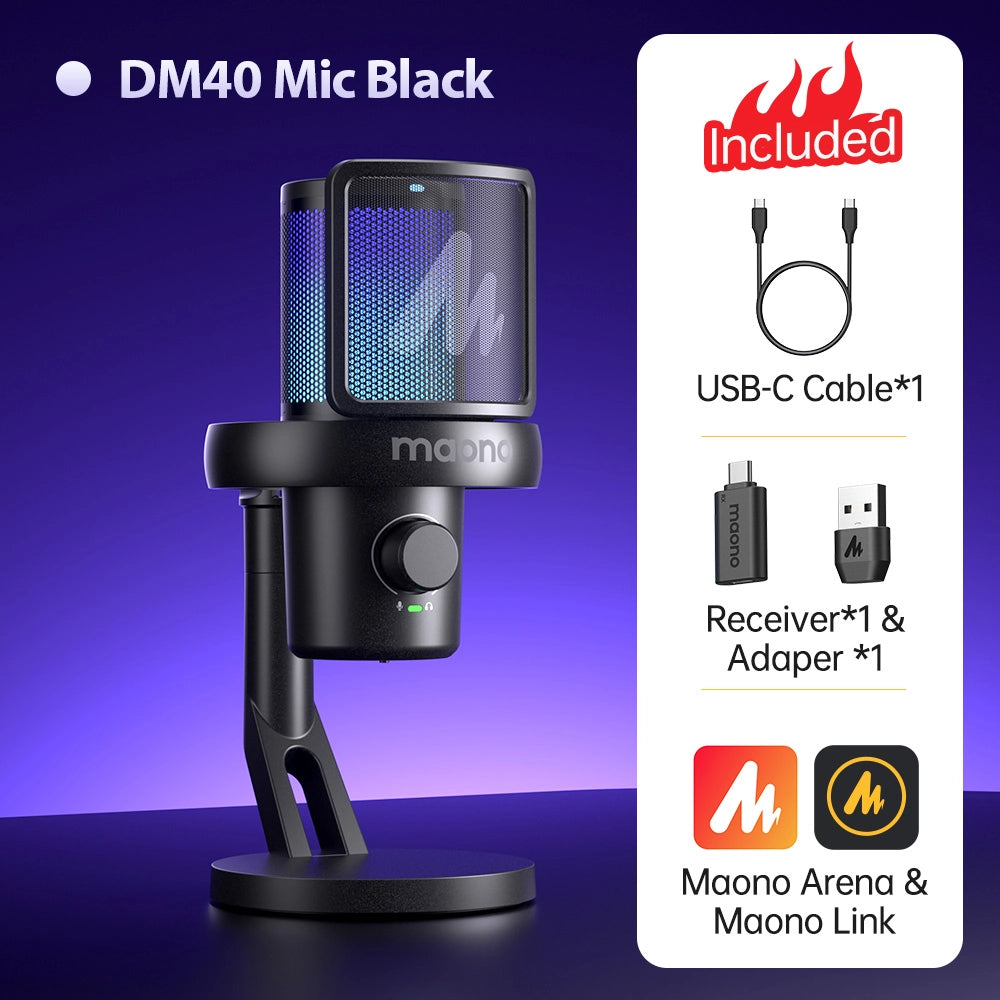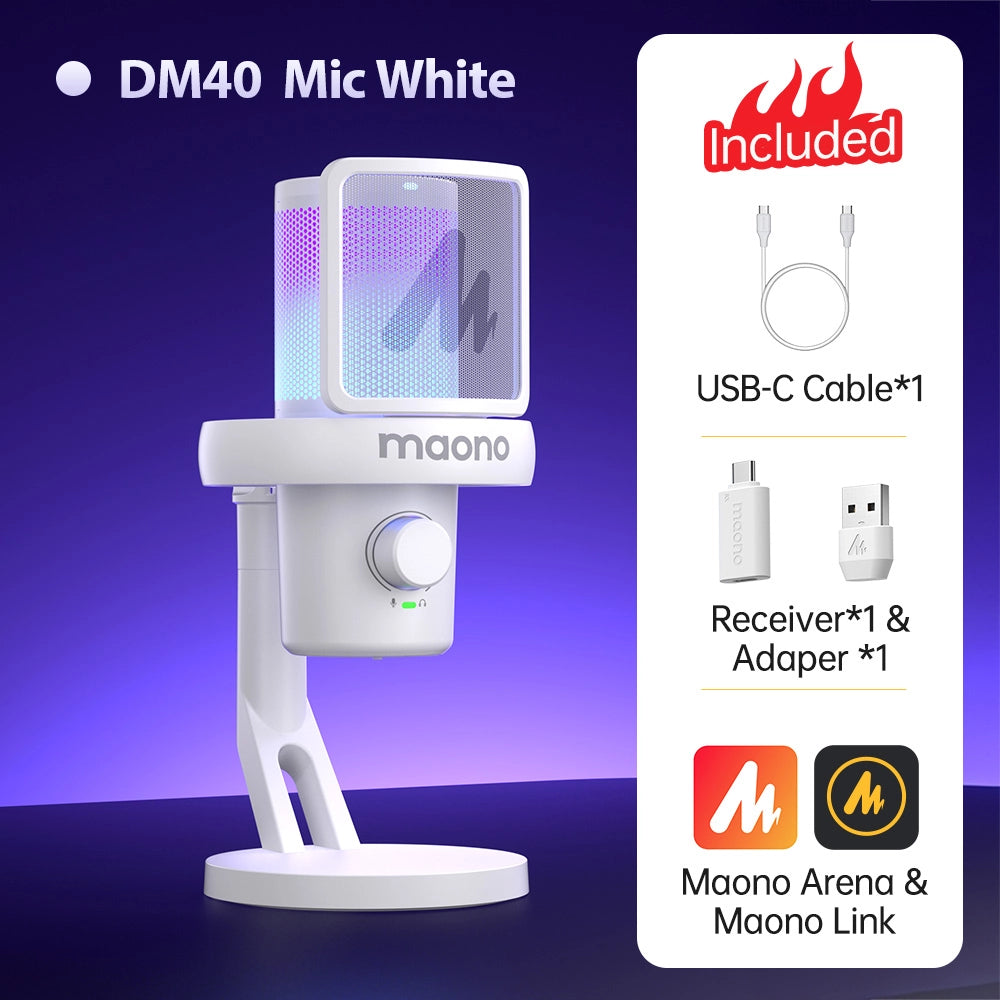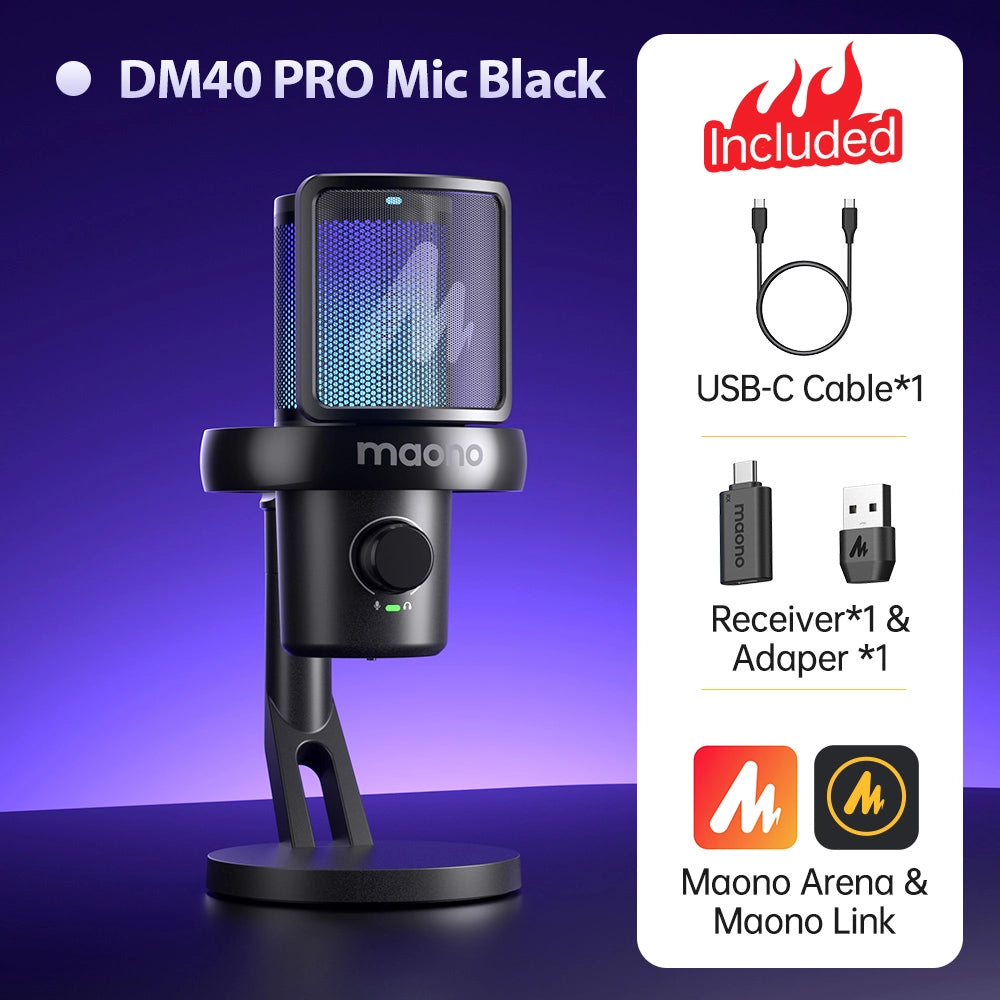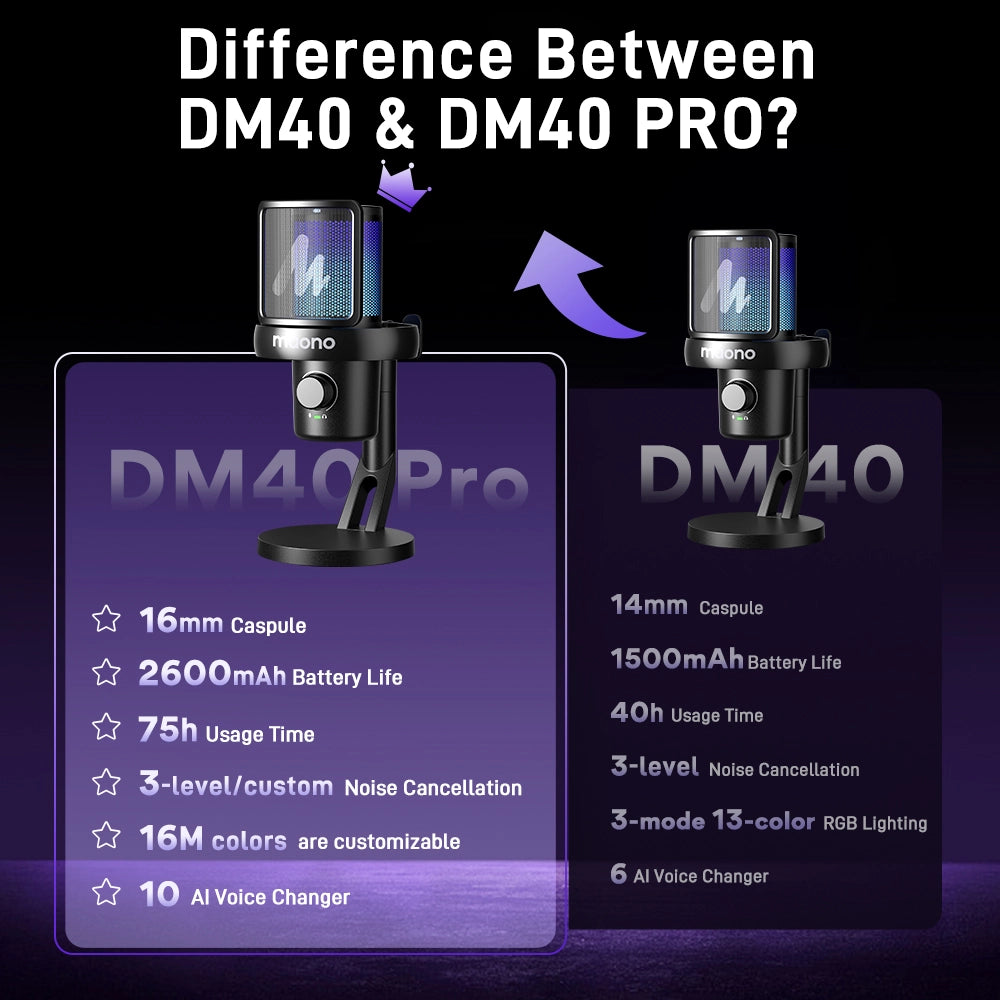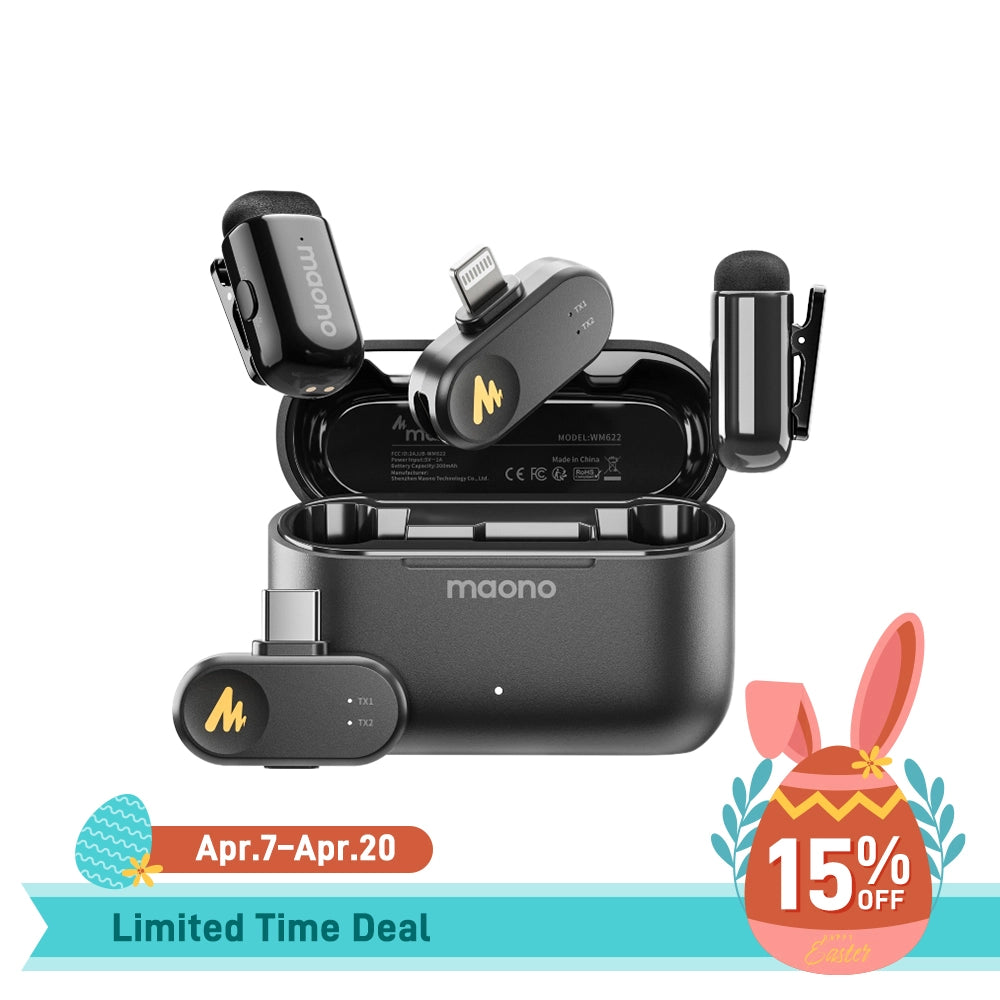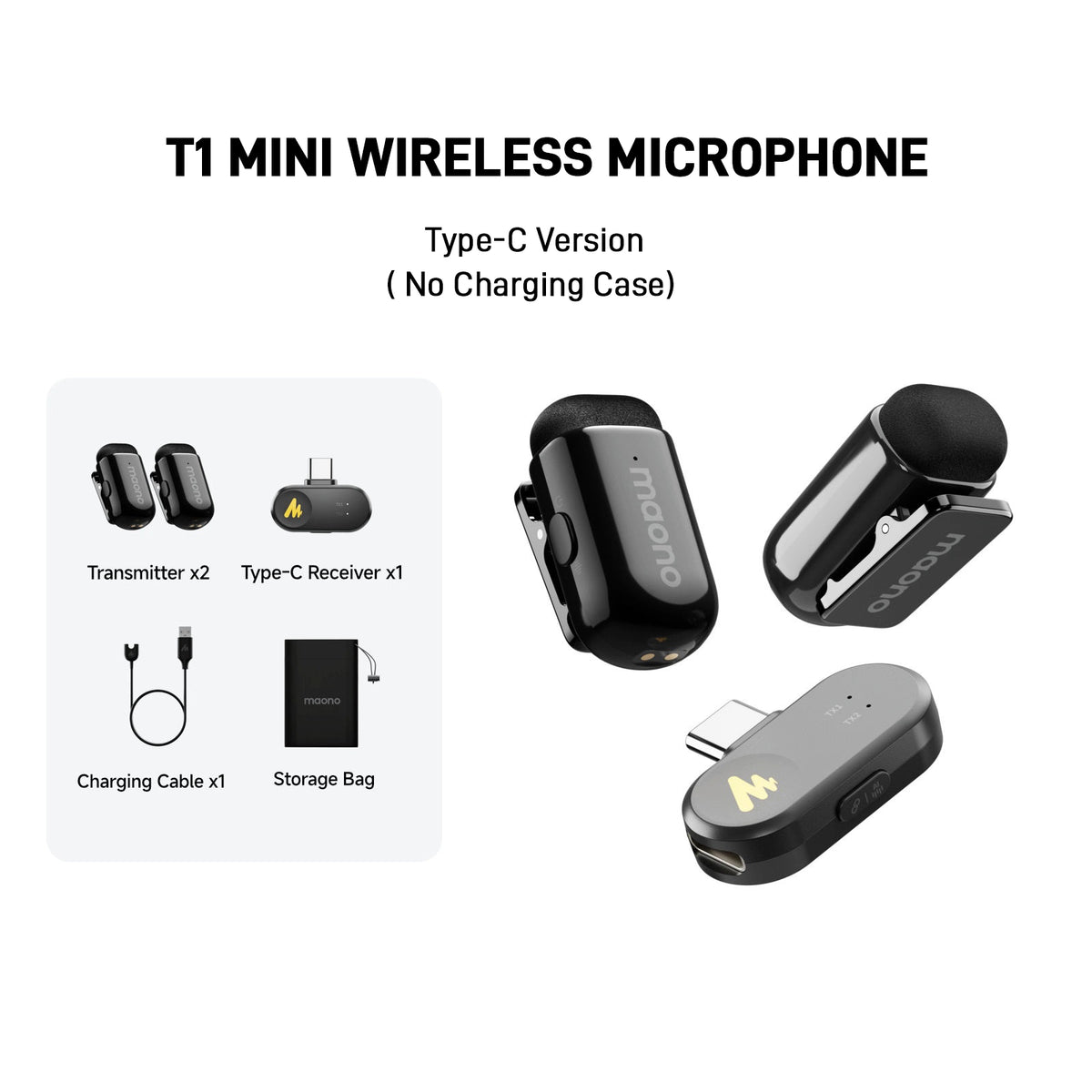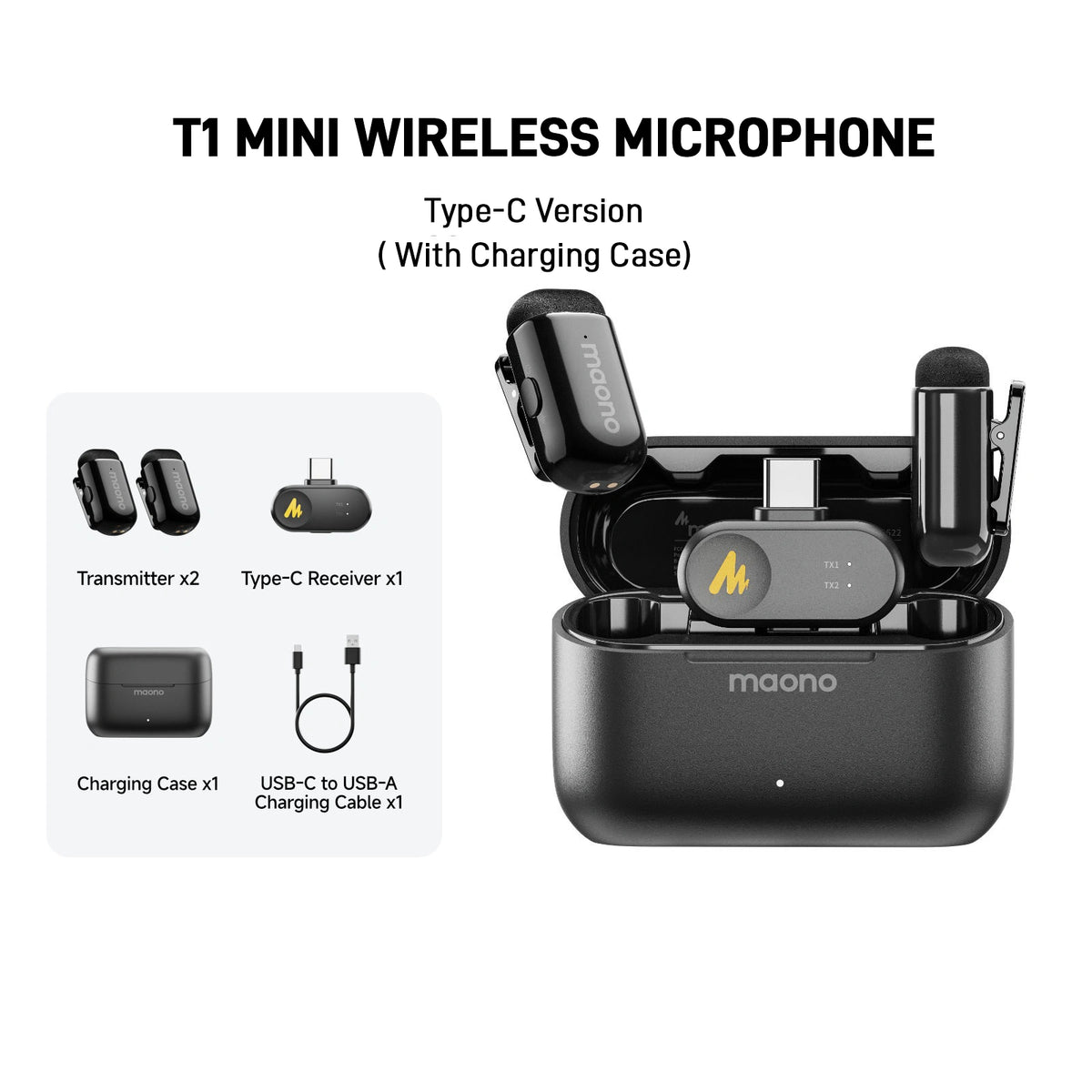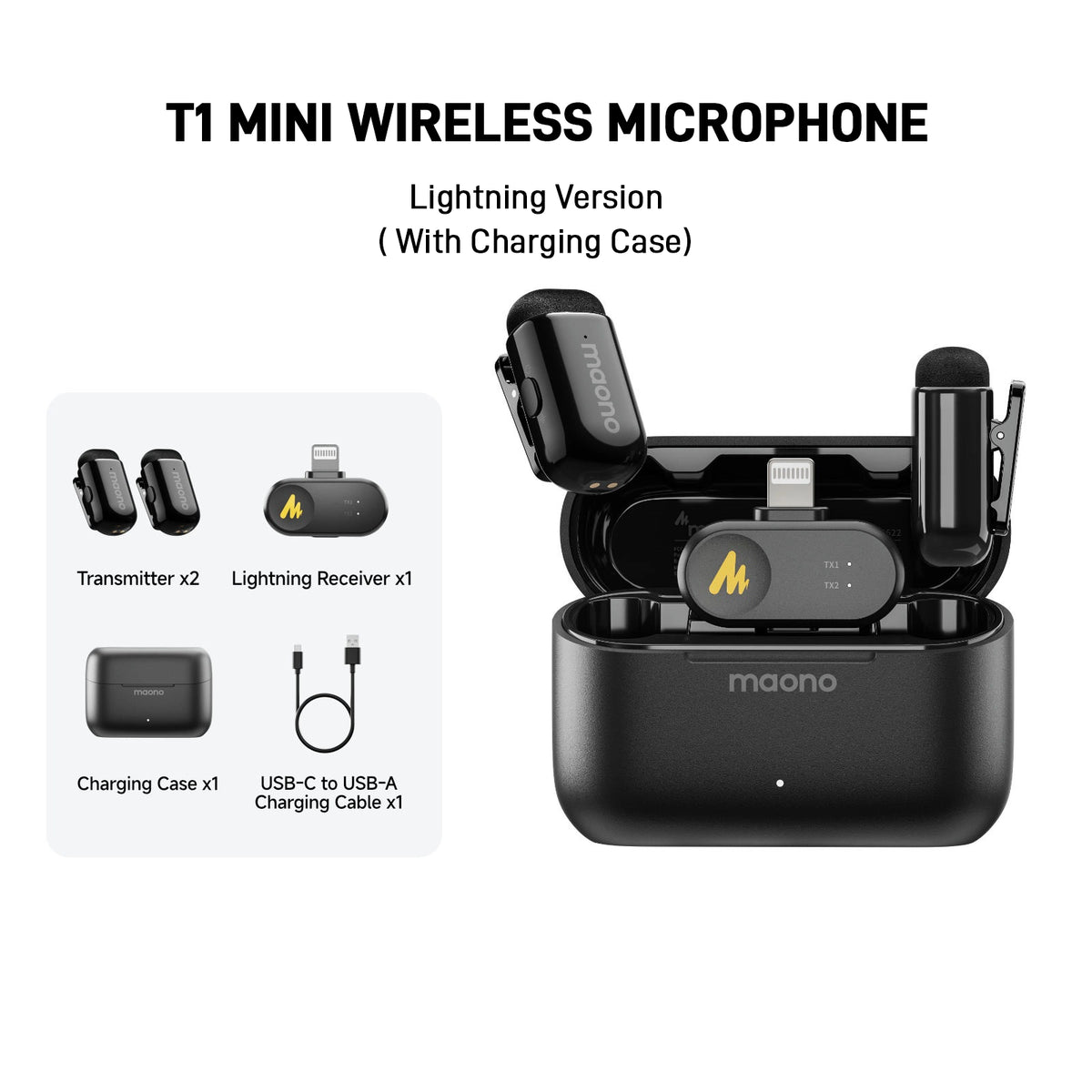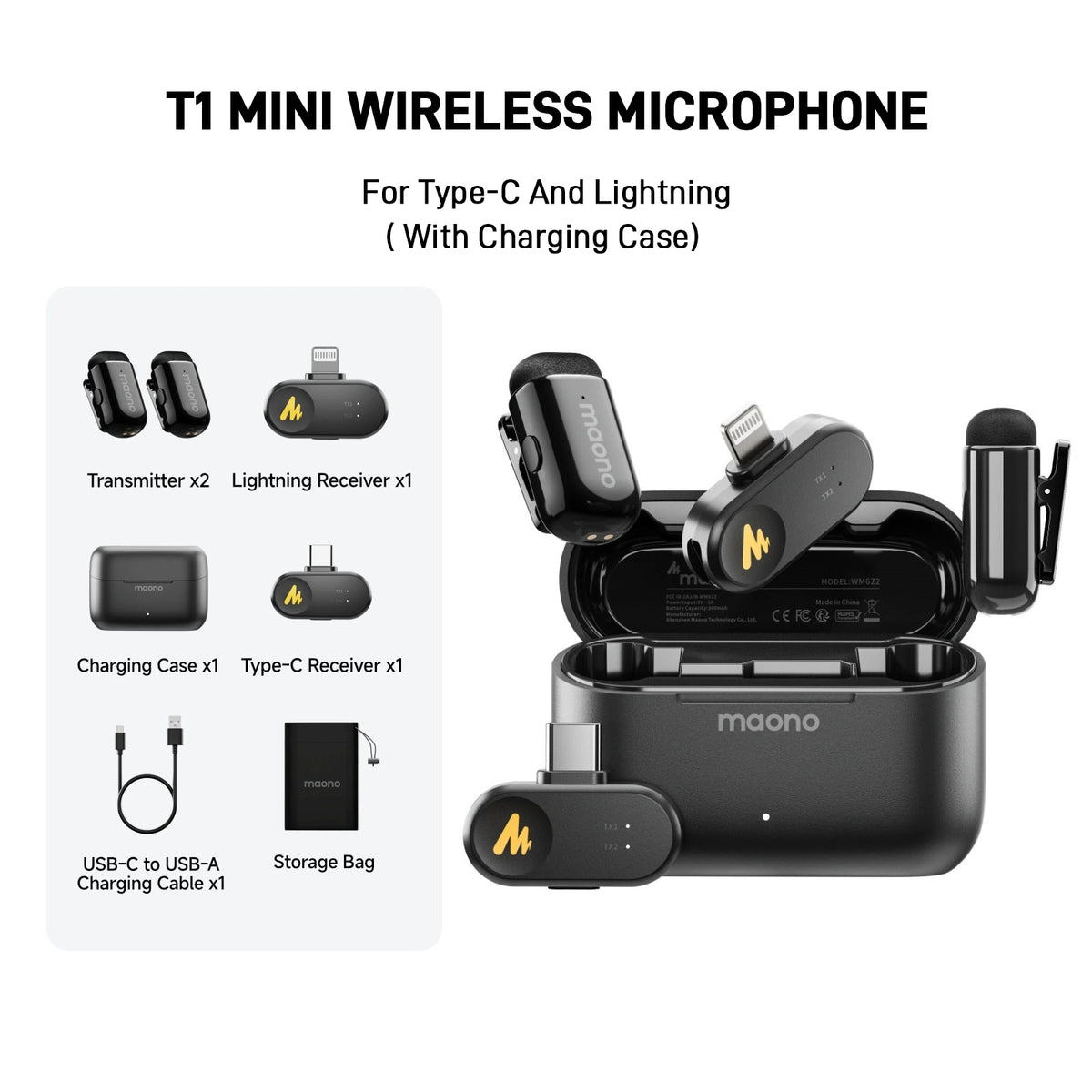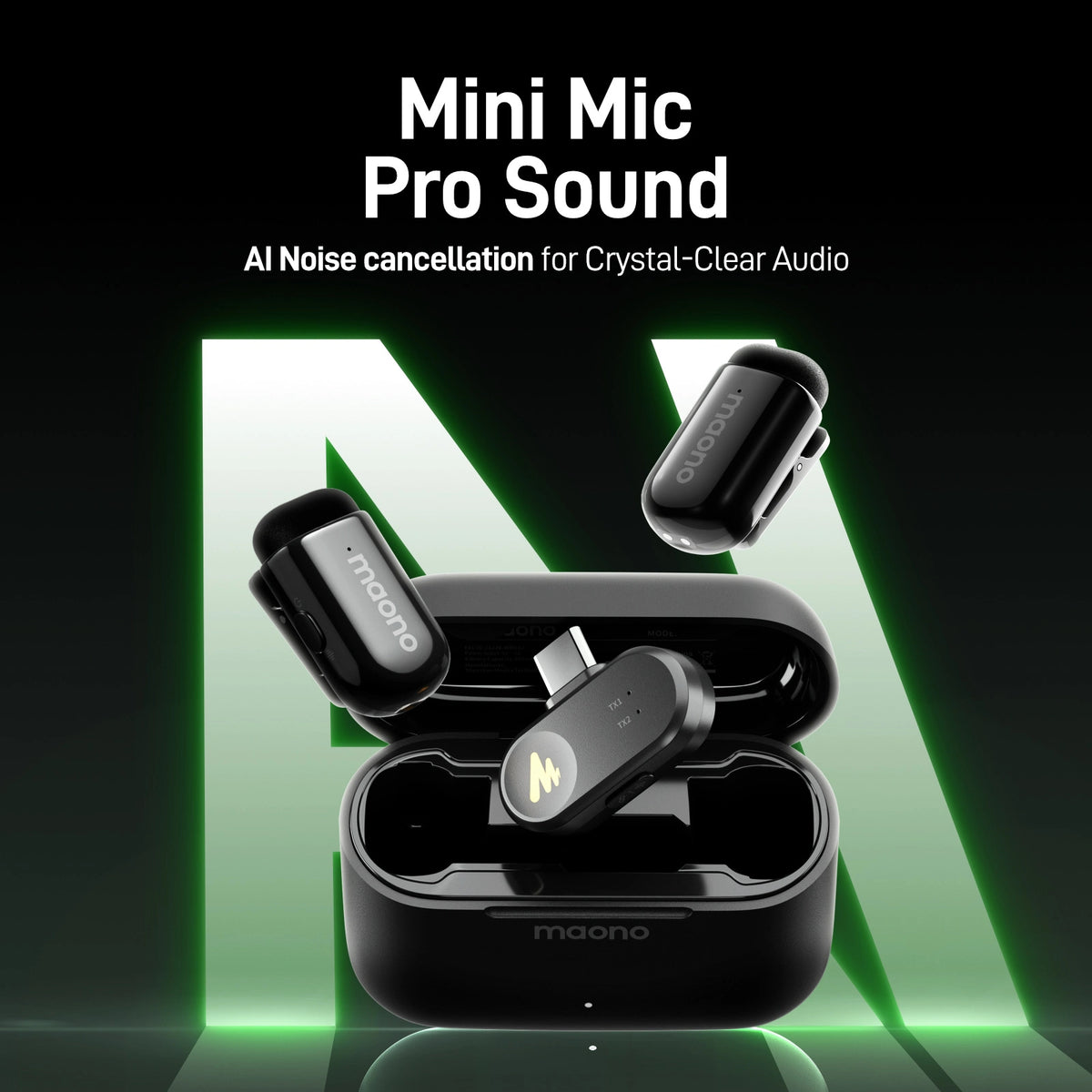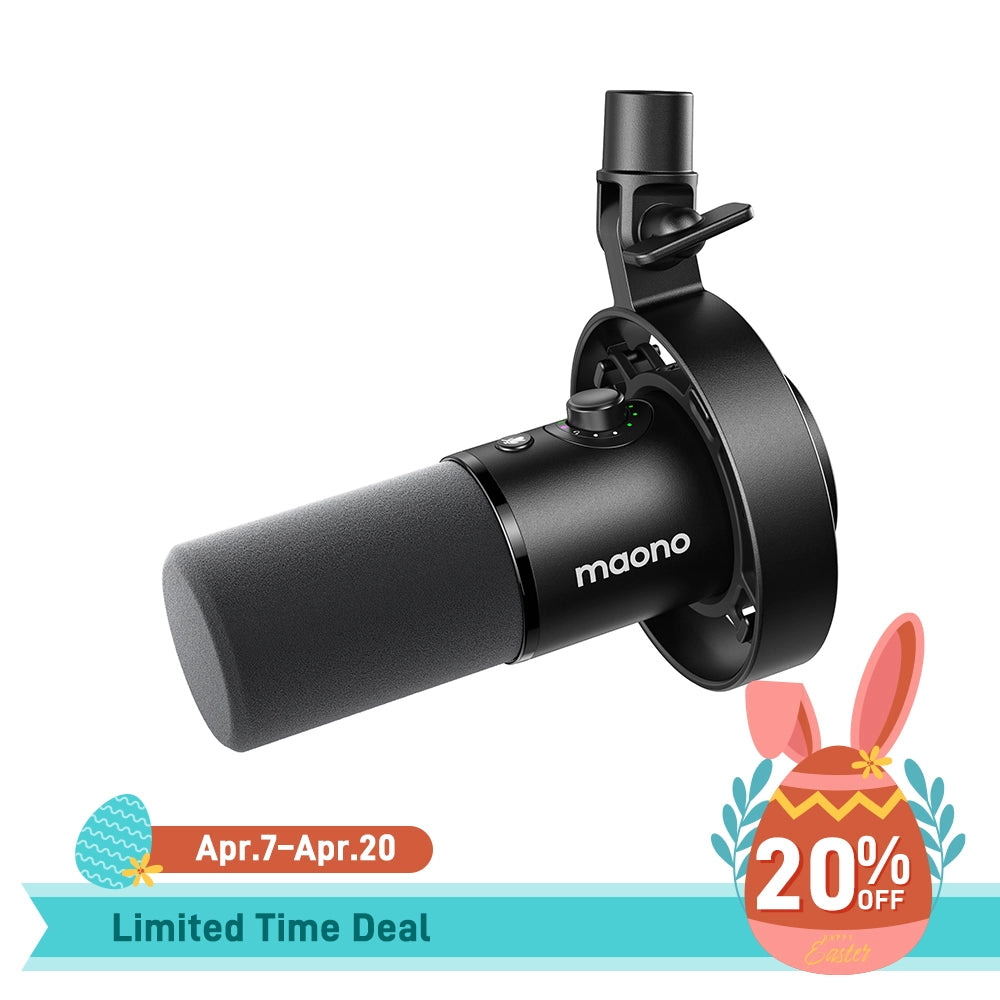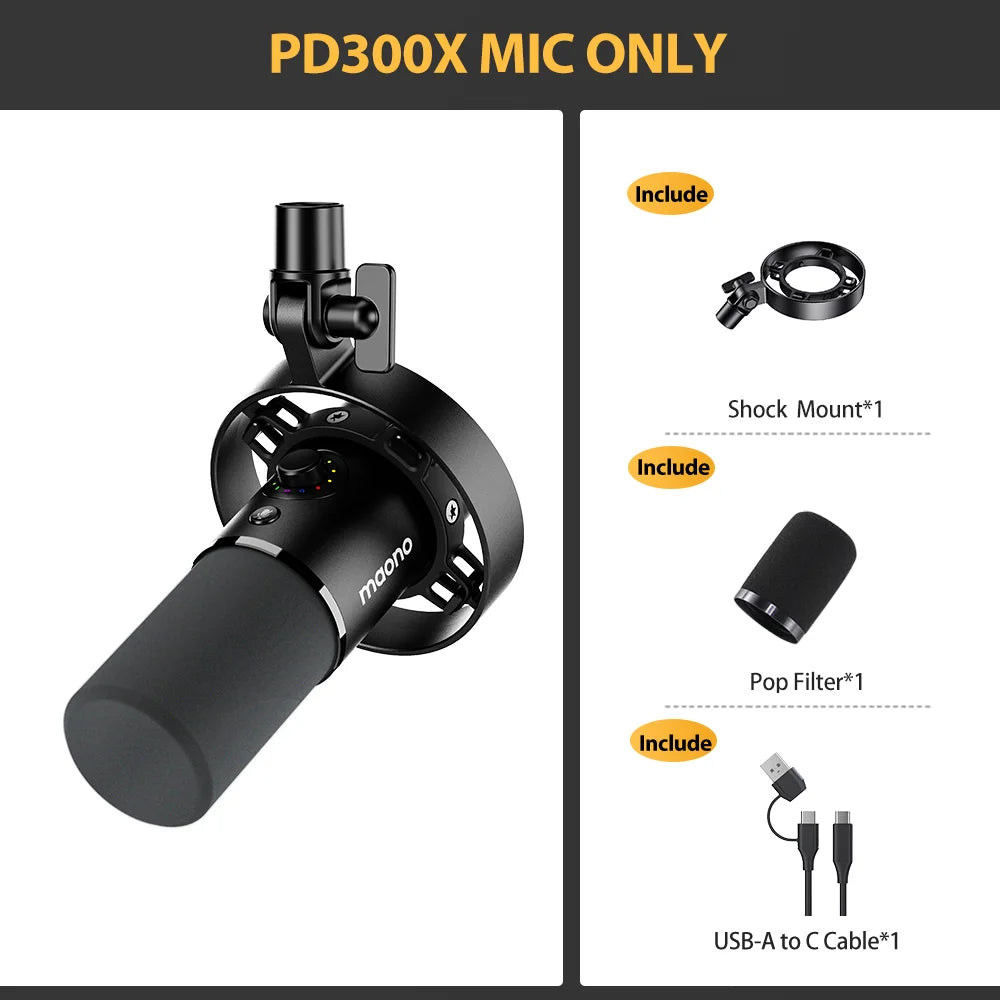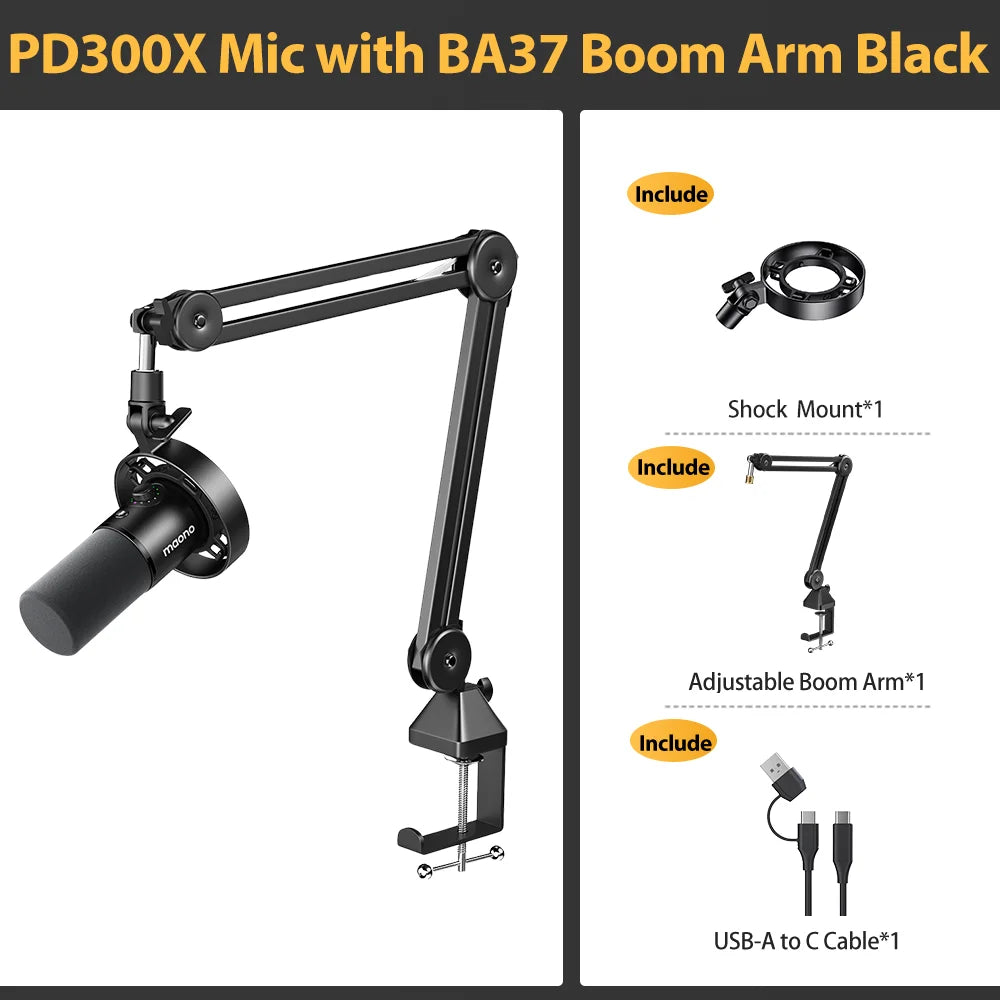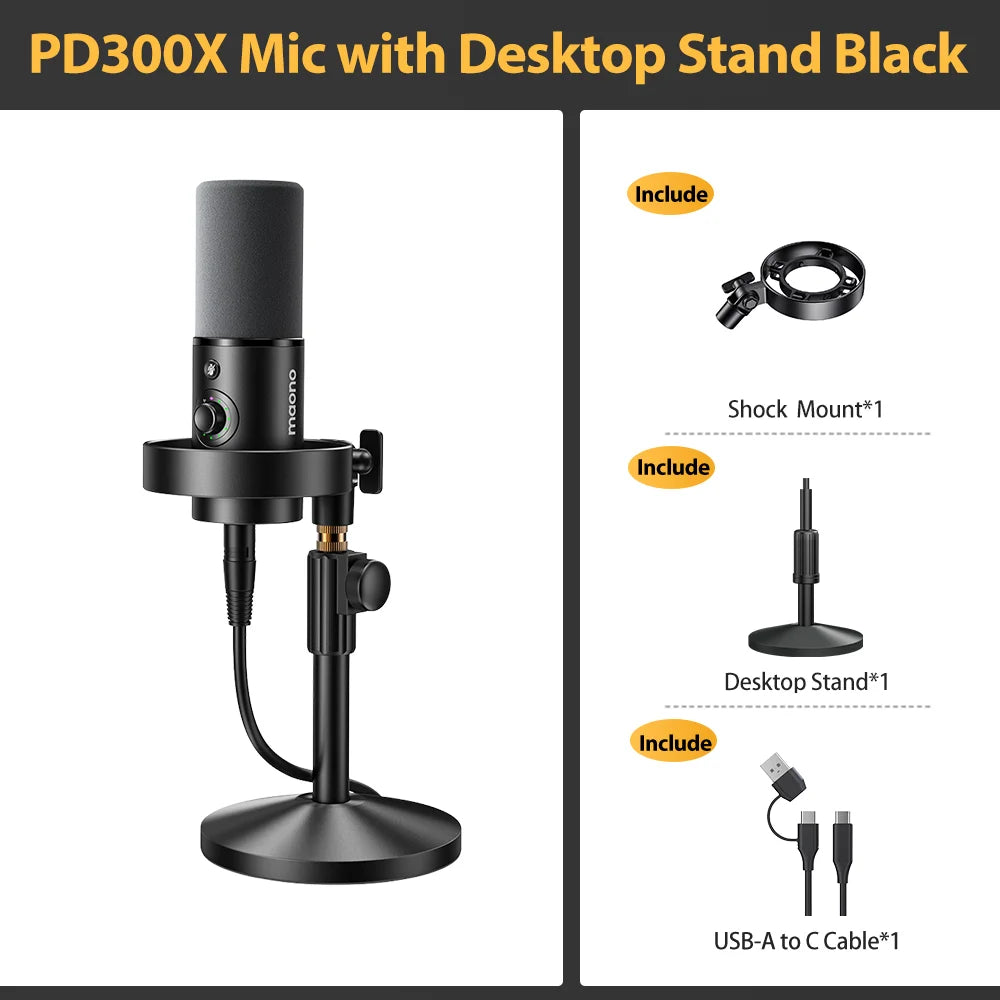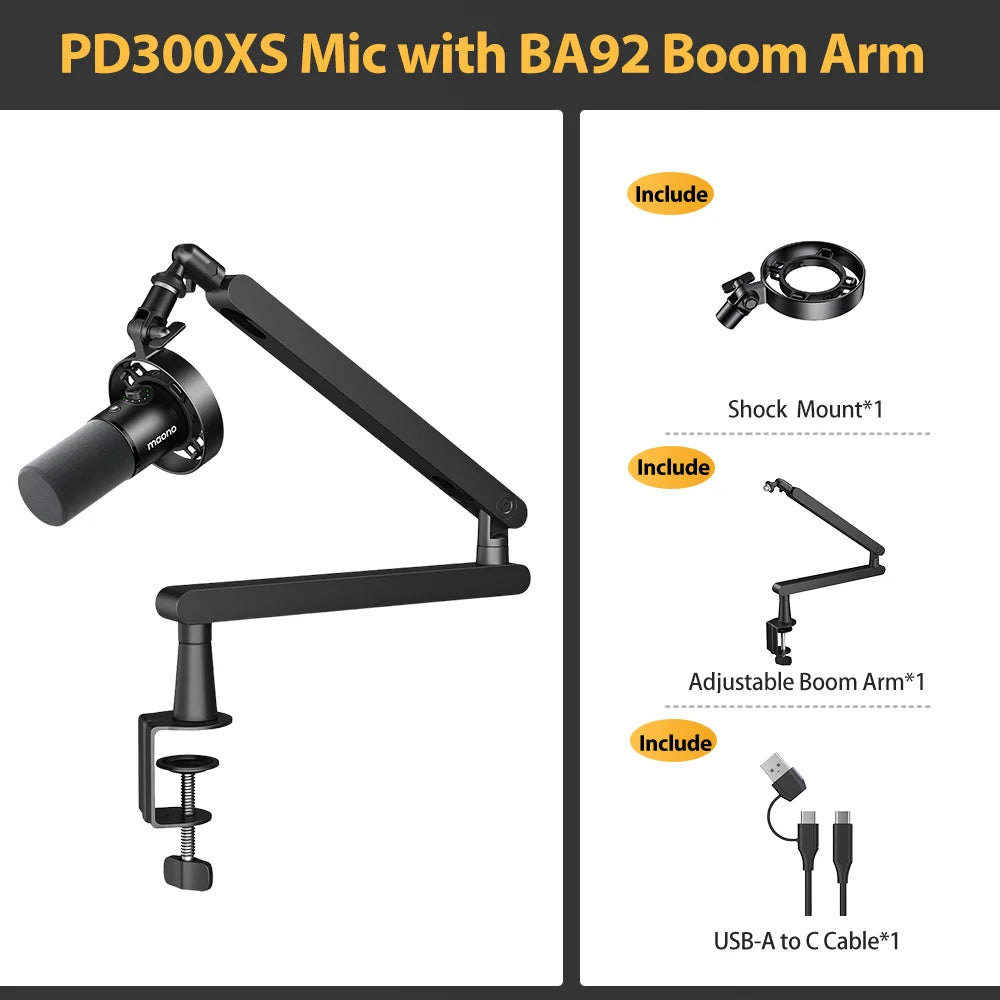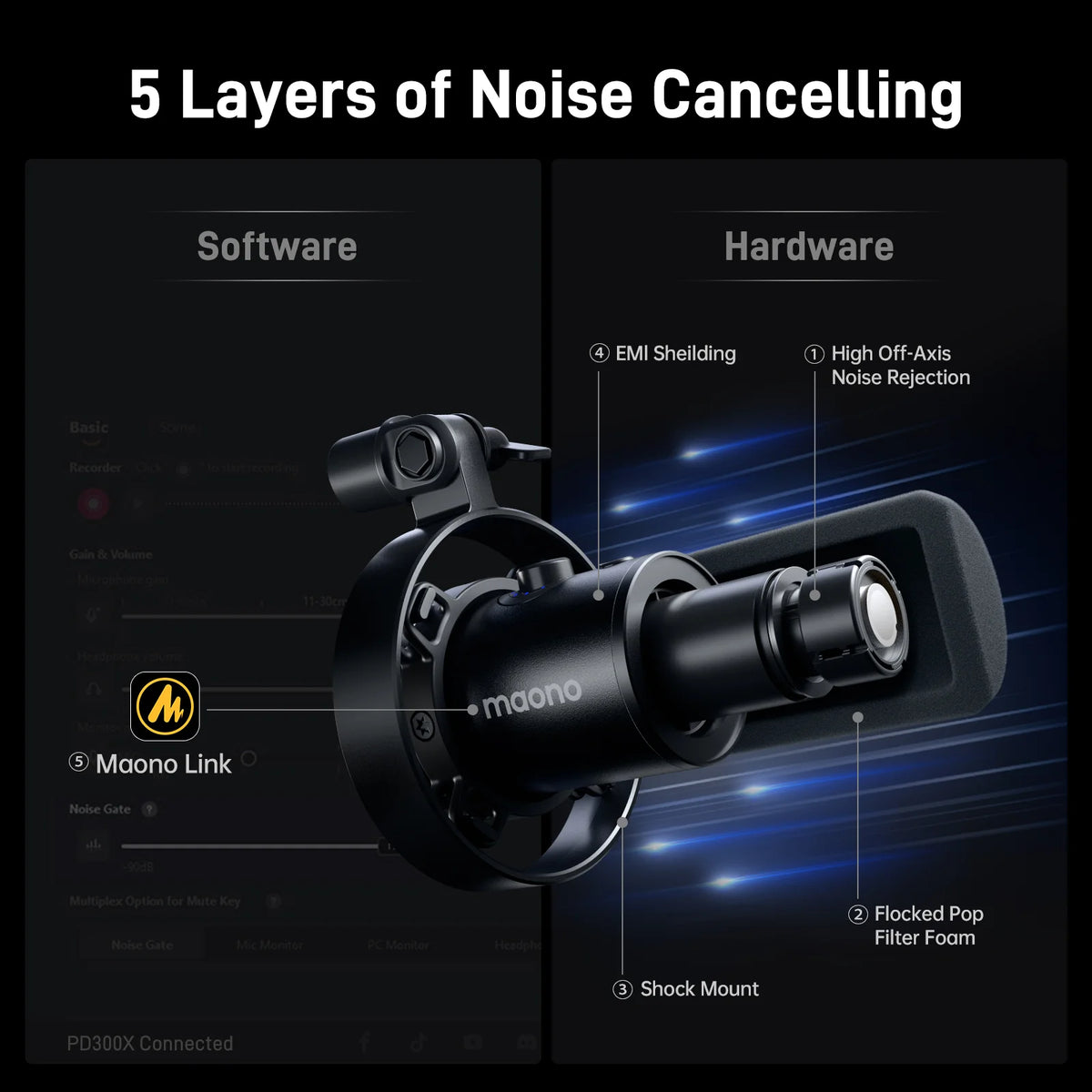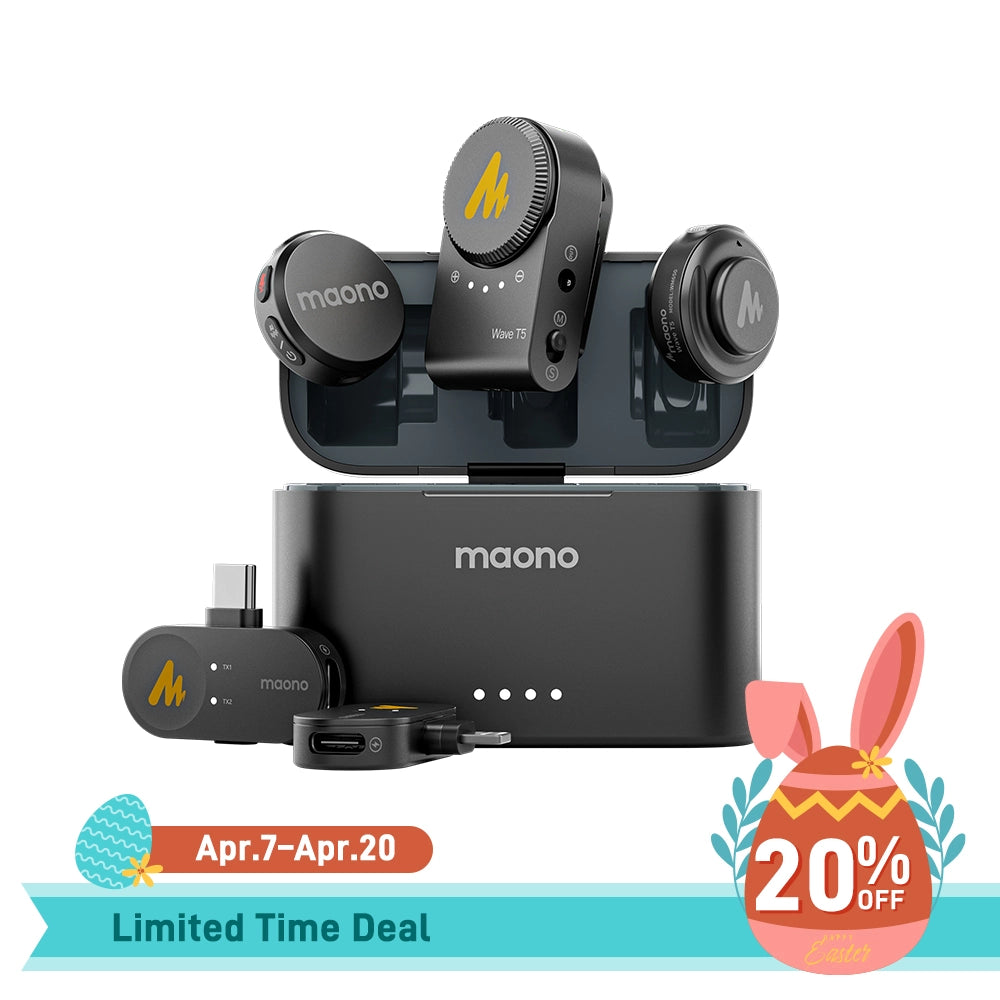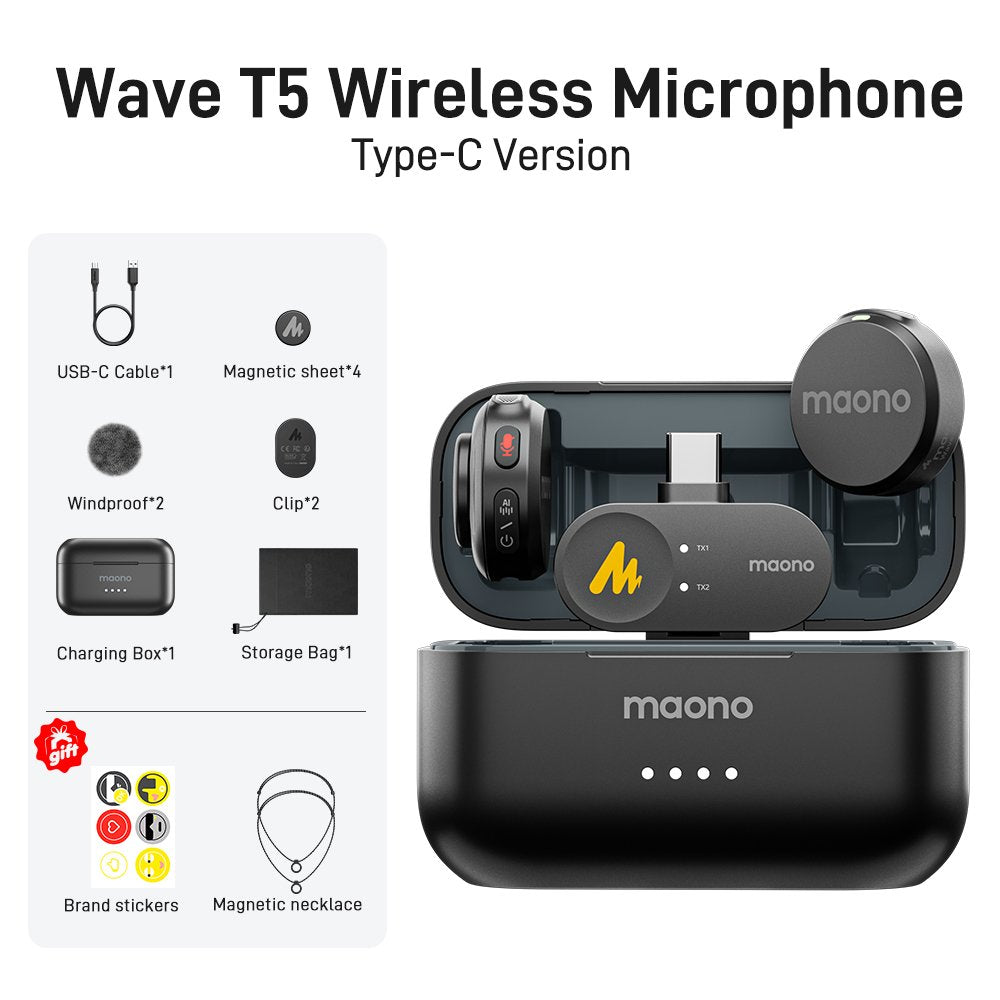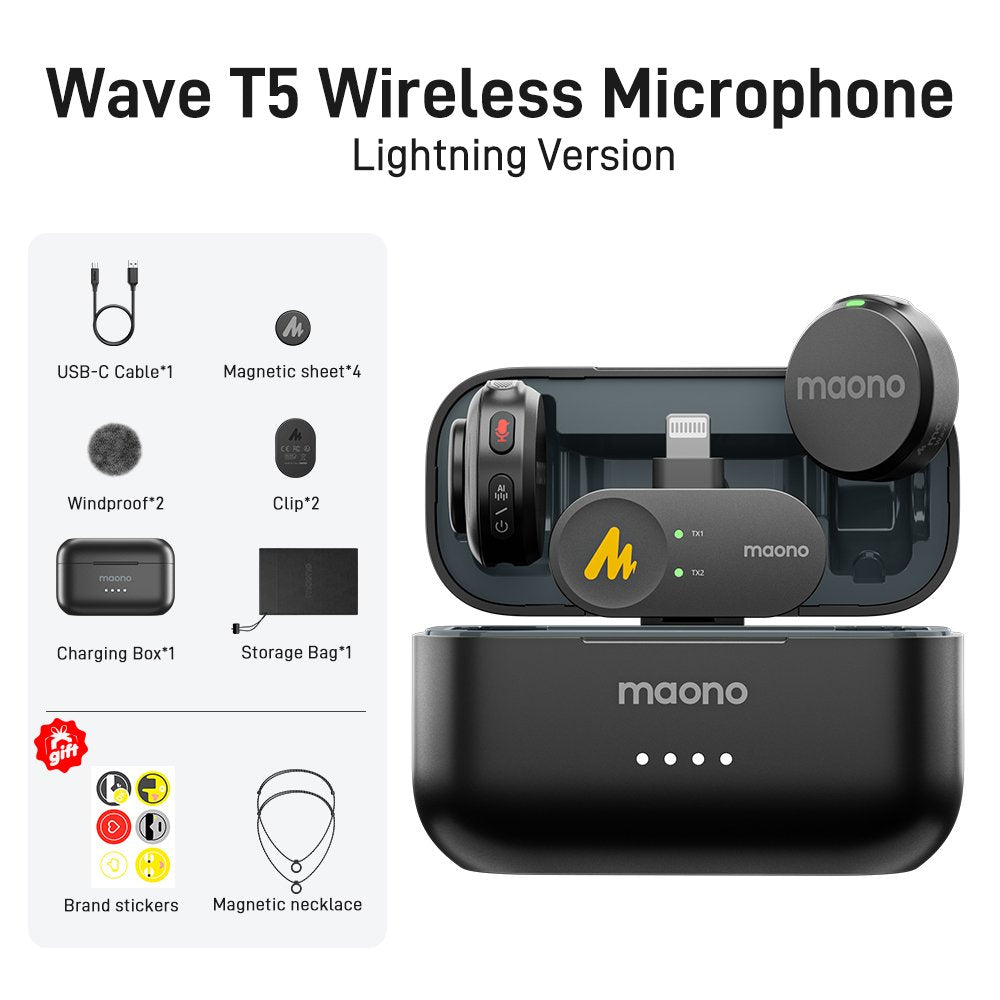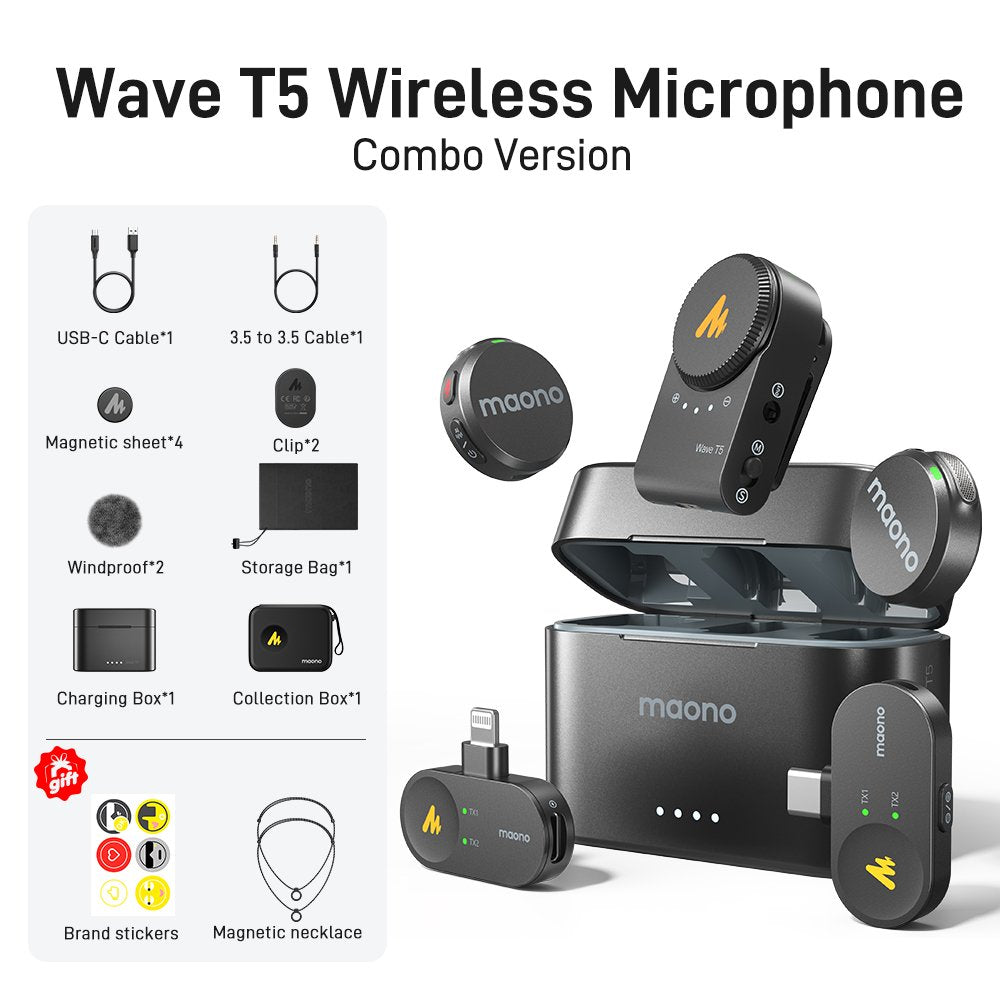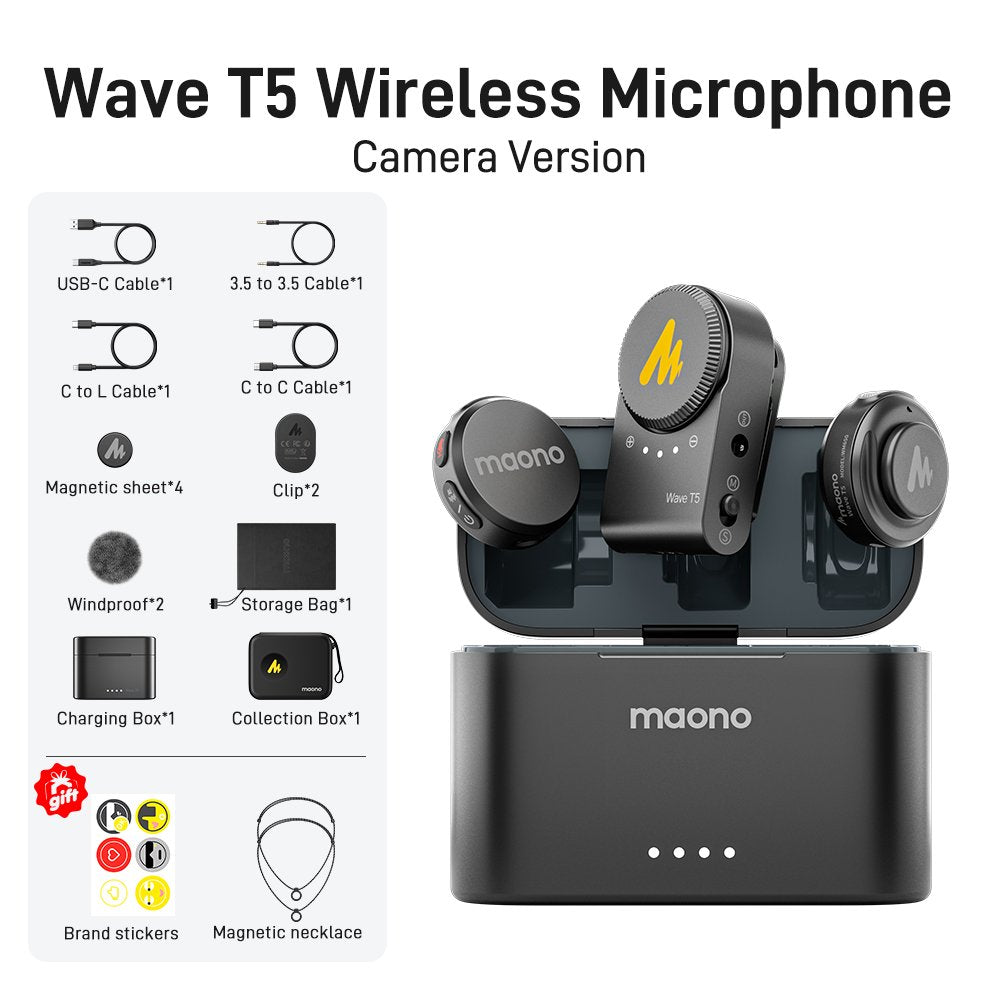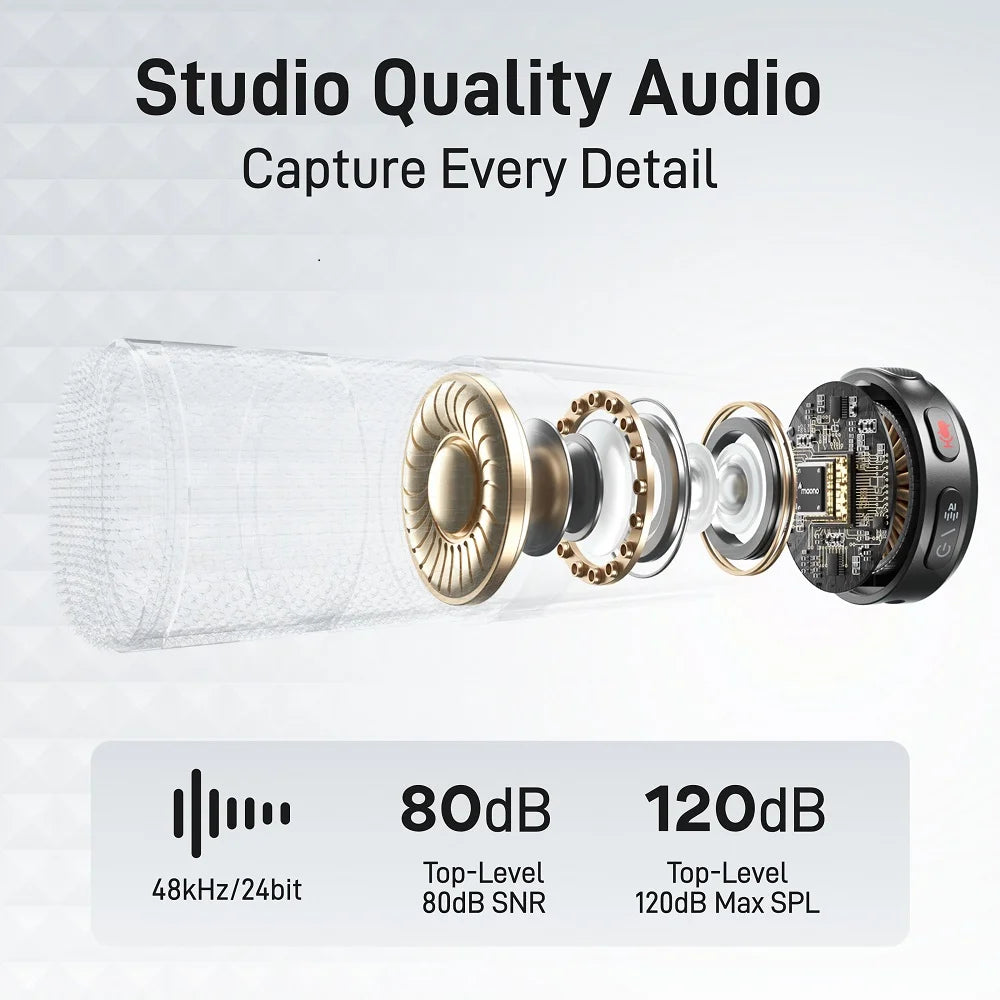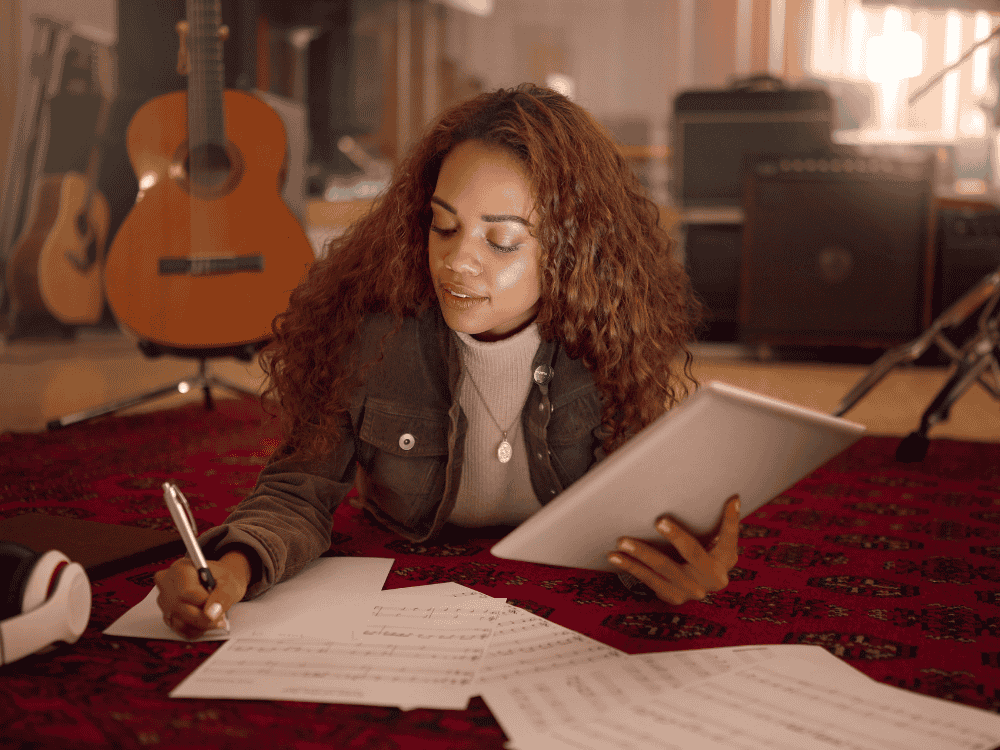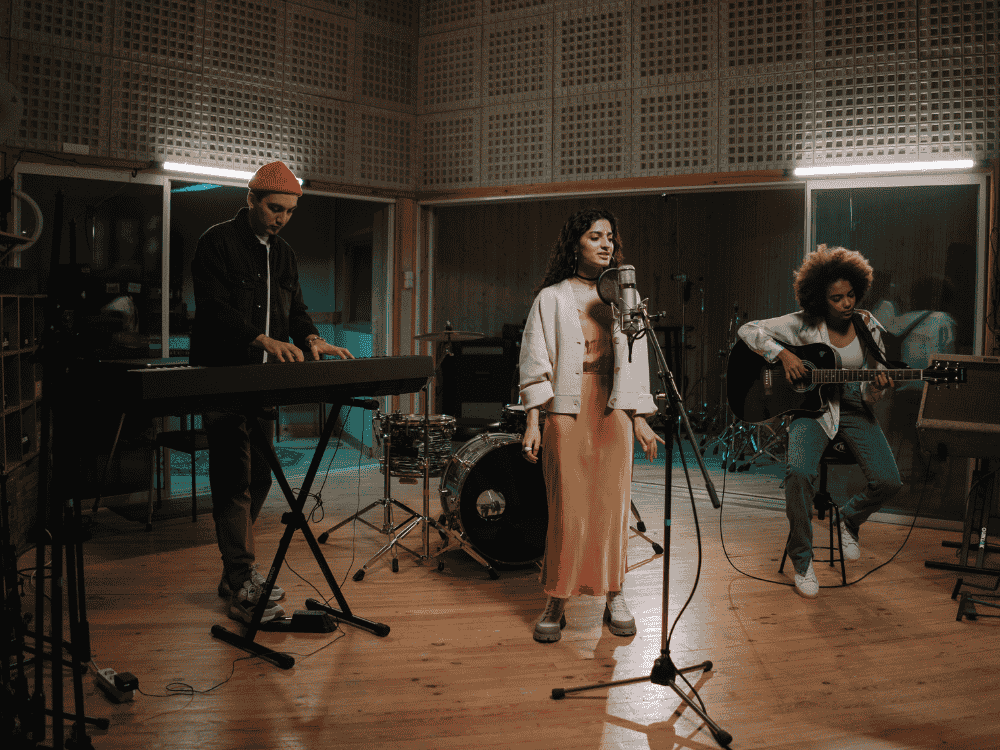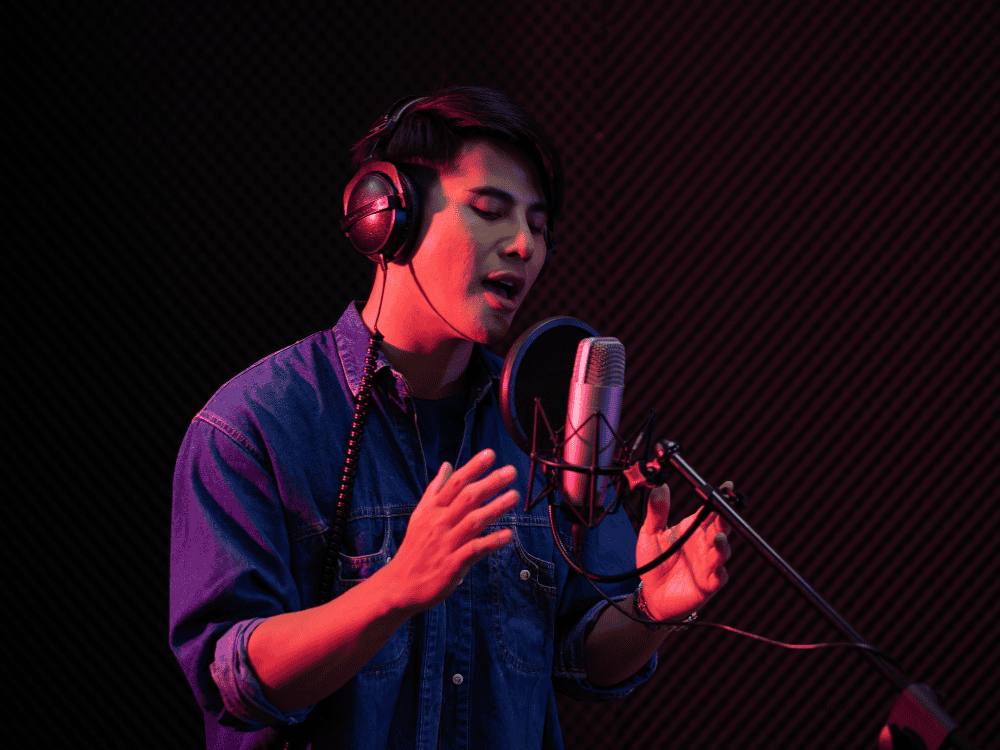When setting up a home recording studio, choosing the right microphone is one of the most important decisions you’ll make. The options are vast, ranging from condenser to dynamic microphones, USB to XLR, each catering to different recording needs and environments. Whether you’re recording vocals, instruments, or podcasts, finding a new mic that suits your style and setup can be challenging.
In this article, we’ll break down some of the best microphones for home recording. We’ll explore which microphones work best for various recording scenarios and provide expert tips to help you make the right choice.
What is the Best Microphone for Recording Vocals?
The ideal microphone for recording vocals often depends on the type of voice and recording environment. However, condenser microphones are typically favored for their sensitivity and ability to capture the nuances of vocals. Their wide frequency response and detailed sound reproduction make them excellent for vocalists who want clarity and richness in their recordings.
Dynamic microphones can also be used for vocals, especially in live environments or when recording in untreated rooms. The Shure SM7B is a popular choice for both studio and broadcast vocal recording due to its ability to handle high sound pressure levels (SPL) and reject background noise effectively.
What Condenser Microphone is Ideal for Singing When Standing Up?
If you’re a singer who prefers standing while recording, a condenser microphone like the Audio-Technica AT2020 is a great option. It has a cardioid polar pattern that focuses on the sound source, minimizing unwanted background noise, and making it ideal for solo vocal performances. Another good choice is the Rode NT1-A, known for its low self-noise, allowing you to capture clear, professional-quality vocals.
What is the Best Microphone for Recording Mostly Acoustic Guitar and Vocals?
For recording acoustic guitar and vocals simultaneously, a condenser microphone is again the go-to choice because of its sensitivity and ability to capture a wide range of frequencies. A versatile microphone like the AKG P220 is ideal for home studio setups, offering warmth and clarity for both instruments and vocals. Another excellent option is the Maono PM500, which provides high-quality sound reproduction at a reasonable price, making it a strong contender for musicians working from home studios.
Top 7 Best Microphones for Home Recording
Here are seven top microphones that deliver exceptional performance for home recording studios:
1. Shure SM7B (Dynamic, XLR)
The Shure SM7B is one of the most renowned dynamic microphones for studio recording. It’s known for its versatility, working well with both vocals and instruments. Its flat frequency response ensures natural sound reproduction, making it suitable for a wide range of recording applications.
- Pros: Excellent noise rejection, versatile for various recording environments.
- Cons: Requires a preamp with decent gain to get the best sound.
2. Audio-Technica AT2020 (Condenser, XLR)
The AT2020 is a solid entry-level condenser microphone with a cardioid polar pattern. Its affordability and reliable performance make it one of the best choices for home recording, especially for vocals and acoustic instruments.
- Pros: Affordable, great for vocals and instruments.
- Cons: Requires an audio interface or mixer with phantom power.
3. Rode NT1-A (Condenser, XLR)
The Rode NT1-A is famous for its ultra-low self-noise, making it perfect for home studios where sound isolation might not be perfect. It’s widely used for recording vocals but performs equally well with instruments.
- Pros: Extremely quiet, high-quality sound.
- Cons: Sensitive to background noise if the recording environment isn't well-treated.
4. Maono PM500 (Condenser, XLR)

The Maono PM500 is a professional-grade microphone that delivers impressive audio quality for home recording setups. With a cardioid pickup pattern, it focuses on the subject in front of it while reducing ambient noise, making it great for vocals and instruments.
- Pros: Excellent audio clarity, durable build.
- Cons: Requires XLR setup and phantom power.
5. Blue Yeti USB (Condenser, USB)
One of the most popular USB microphones, the Blue Yeti is known for its ease of use and multiple pickup patterns. It’s perfect for podcasters, streamers, and musicians who need a simple, all-in-one solution for home recording.
- Pros: Plug-and-play, multiple polar patterns.
- Cons: Sensitive to background noise in untreated rooms.
6. Maono A04 (Condenser, USB)

The Maono A04 is an excellent choice for beginners looking for a microphone to record audio at home that offers professional quality sound. It features a cardioid pickup pattern and a wide frequency response, making it suitable for vocals, podcasts, and voiceovers.
- Pros: Affordable, easy to set up.
- Cons: Less versatile compared to higher-end models.
7. AKG P220 (Condenser, XLR)
The AKG P220 is a robust condenser microphone that excels in recording both vocals and acoustic instruments. Its large diaphragm ensures accurate sound capture, making it a favorite for home studio setups.
- Pros: Clear, warm sound.
- Cons: Requires an audio interface with phantom power.
Which one is Better: USB or XLR?
Is a USB Microphone Best for Recording Vocals?
USB microphones have become a popular choice for home recording due to their simplicity and affordability. For beginners, a USB microphone like the Blue Yeti or Maono A04 is a great option because they’re plug-and-play and don’t require additional equipment like an audio interface. However, for higher-quality vocal recordings, especially in professional home studios, XLR microphones are usually preferred because of their superior sound quality and the ability to fine-tune audio settings with external equipment.
Is There a Mic Stand for a USB Microphone?
Yes, many USB microphones, including models like the Blue Yeti and Maono A04, come with their own desktop stands. However, for improved flexibility and positioning, many users opt to purchase boom arms or adjustable mic stands that provide better control over the microphone’s placement. A boom arm like the Maono BA90 can greatly enhance the recording experience by reducing vibrations and allowing for more ergonomic mic placement.
III. FAQs
1. Why Do People Choose Maono Microphones Over Other Brands?
Maono microphones are known for their affordability and high-quality performance, making them an excellent choice for beginners and professionals alike. They provide a balance of price, build quality, and sound performance, which appeals to home studio users. Maono’s microphones are often bundled with accessories like pop filters and shock mounts, offering great value for money.
2. Is It Easy to Set Up a Maono USB Microphone?
Yes, Maono USB microphones are incredibly easy to set up. Most models, like the Maono A04, are plug-and-play, meaning you can connect them directly to your computer via USB without needing an additional audio interface. This makes them an ideal choice for beginners who want a straightforward, hassle-free setup.
3. How Do You Describe the Durability and Build Quality of Maono USB Microphones?
Maono microphones are generally well-built, offering durability at a competitive price point. Models like the Maono PM500 and Maono A04 feature sturdy metal construction, ensuring they can withstand regular use in a home studio. Despite their budget-friendly price, Maono microphones are known for their reliability and long-lasting performance.
IV. Final Thoughts
Choosing the right microphone for home recording is essential to achieving the best sound quality for your projects. Whether you’re a musician, podcaster, or voiceover artist, investing in a good microphone can dramatically improve your recordings. For beginners, USB microphones like the Maono A04 offer simplicity and great sound without breaking the bank, while professionals might prefer XLR models like the Shure SM7B or Maono PM500 for more advanced setups.
With the right microphone and equipment, your home studio can produce professional-quality recordings, helping you take your creative projects to the next level.


